|
Filmmaker Mickey Lemle directs The Last Dalai Lama? 'His Holiness has said he won't reincarnate... But that may or may not be the case'
Since the Middle Ages a Dalai Lama has served as spiritual leader of the Tibetan people, reincarnating over successive lifetimes. But the current Dalai Lama, the 14th in the lineage, may or may not prove to be the last.
The new documentary The Last Dalai Lama? explores the pressing question of whether Tenzin Gyatso, recognized in 1940 as the reincarnation of the 13th Dalai Lama, will be the final authentic figure to reign over Tibetan Buddhism and Tibet's government in exile. Mickey Lemle directed the film, which has been among the top five nonfiction features in theatrical release the last two weeks. It expands to the Los Angeles area today -- Friday, August 11 -- at Laemmle's Monica Film Center, and to Monterey, California, with more cities to follow. Lemle will participate in Q&A's after the 7:30pm screenings at the Monica Film Center on Friday, Saturday and Sunday. Today he's the moral voice on the planet.
Lemle is an ideal figure to pose the questions raised in the film. He has known the Dalai Lama for over three decades, and directed a previous film on His Holiness, 1993's Compassion in Exile.
"A lot has changed in the 25 years since I made the first movie about him. Back then very few people knew about what was going on in Tibet and what was going on with the Chinese occupation," Lemle told Nonfictionfilm.com in an interview in Los Angeles on Thursday. "And we thought that if the world just knew about what was happening that something would have to change. And sadly, in the last 25 years, it has changed -- but it's gotten worse." The Last Dalai Lama? from Mickey Lemle on Vimeo.
Drawing on evocative historical footage, Lemle delves into the origins of the current Dalai Lama, who turned 82 in July.
"His Holiness was born to uneducated parents -- uneducated peasant parents in a cow barn in an obscure corner of Northeastern Tibet. And today he's the moral voice on the planet," he told us. "He could well be the world's most popular person and he could very well be the world's most conscious human being."
In 1959 the Dalai Lama fled his homeland after a decade of increasing conflict with China during which the communist nation exerted ever greater control over its neighbor. He's lived in exile ever since, based in Dharamsala, India.
Despite decades of antagonism toward him from China, Lemle says the Dalai Lama doesn't feel animosity toward the power occupying his country. "I heard him say that he didn't hate the Chinese. And I thought, 'I want to learn how he does that so maybe I can do that with certain family members,'" Lemle joked.
The Dalai Lama's attitude toward China is in keeping with the tenets of his Buddhist faith, Lemle noted.
"If you're angry at somebody else for some offense or what they've done and you hold that anger it actually starts to feed on you. It diminishes your immune system. And you live your life in anger," Lemle explained. "So it's a little bit like saying, 'I'm going to drink poison and hope you die.' It actually doesn't make sense to walk around carrying anger with you every day. So the antidote to that is to have compassion." Lemle said this compassionate response doesn't absolve China of responsibility for its actions. "The Dalai Lama said to me once, 'You've got to stand up for what's right and make whatever effort you need to to stop the other person from creating suffering on other human beings. That's your responsibility.' He said, 'Just don't do it in anger,'" Lemle recalled.
The Dalai Lama may have concluded the only way to get China to relax its grip on Tibet is to change the consciousness of its leaders. That can only come about through a process of enlightenment, of the very sort available to everyone on the planet who pursues it.
"Without the possibility of transformation and the evolution of consciousness the world is going to be just as dreary [in the future] as it was yesterday," Lemle observed. "But if you introduce the possibility of transformation then there's hope for all of us." His Holiness has said he won't reincarnate, that he's the last. But that may or may not be the case.
China's continued control over Tibet bears directly on whether there will be a 15th Dalai Lama.
"They [Chinese leaders] passed a law several years ago stating that the government of the People's Republic of China had to participate in the selection and training of any high lama, especially the Dalai Lama, which is absurd," Lemle stated. "It's basically a godless system -- Chinese communism is purely materialistic. There's no spirit in it at all." With the prospect of China trying to engineer his successor, the Dalai Lama has given mixed signals about whether he intends to reincarnate. "His Holiness has said he won't reincarnate, that he's the last. But that may or may not be the case," Lemle told us. "At the last minute he may change his mind and he's in charge of that -- whether he reincarnates as the Dalai Lama."
Lemle predicts a bifurcation in Tibetan Buddhism after the current Dalai Lama passes.
"Most likely [China] will pay some Tibetan lamas and rinpoches in Lhasa to go find the reincarnation and they'll anoint that child as the 15th Dalai Lama, And meanwhile the Tibetans in exile in India will most likely find a reincarnation there. And so there'll be two Dalai Lamas," Lemle said, suggesting that would be ruinous. "Some of us know from European history when there were two Popes there was like 30 years of war," he observed. Lemle said even if the Dalai Lama doesn't reincarnate as the 15th in his line, he has essentially promised to reincarnate in some form. He cited a prayer the Dalai Lama has repeated daily for most of his life: "As long as time and space exist and sentient beings are suffering I shall return to alleviate the suffering of sentient beings." |
AuthorMatthew Carey is a documentary filmmaker and journalist. His work has appeared on Deadline.com, CNN, CNN.com, TheWrap.com, NBCNews.com and in Documentary magazine. |
- Home
- News
- Videos
-
Galleries
- 2019 Tribeca Film Festival
- Full Frame Documentary Film Festival
- 2019 SXSW Film Festival
- SXSW 2018 Gallery
- 2019 Sundance Film Festival
- Outfest 2018 Photo Gallery
- Outfest 2017
- Sundance 2018 Photos
- 2017 LA Film Festival
- 2017 Cannes Film Festival
- Tribeca Film Festival 2017
- SXSW 2017 Gallery
- 2017 Berlin Film Festival
- Sundance 2017 Gallery
- 2016 Los Angeles Film Festival
- Cannes Film Festival 2016
- SXSW 2016 Gallery
- Berlinale 2016 Gallery
- Sundance 2016 Gallery
- Filmmaker Gallery
- About
- Contact
Proudly powered by Weebly
- Home
- News
- Videos
-
Galleries
- 2019 Tribeca Film Festival
- Full Frame Documentary Film Festival
- 2019 SXSW Film Festival
- SXSW 2018 Gallery
- 2019 Sundance Film Festival
- Outfest 2018 Photo Gallery
- Outfest 2017
- Sundance 2018 Photos
- 2017 LA Film Festival
- 2017 Cannes Film Festival
- Tribeca Film Festival 2017
- SXSW 2017 Gallery
- 2017 Berlin Film Festival
- Sundance 2017 Gallery
- 2016 Los Angeles Film Festival
- Cannes Film Festival 2016
- SXSW 2016 Gallery
- Berlinale 2016 Gallery
- Sundance 2016 Gallery
- Filmmaker Gallery
- About
- Contact

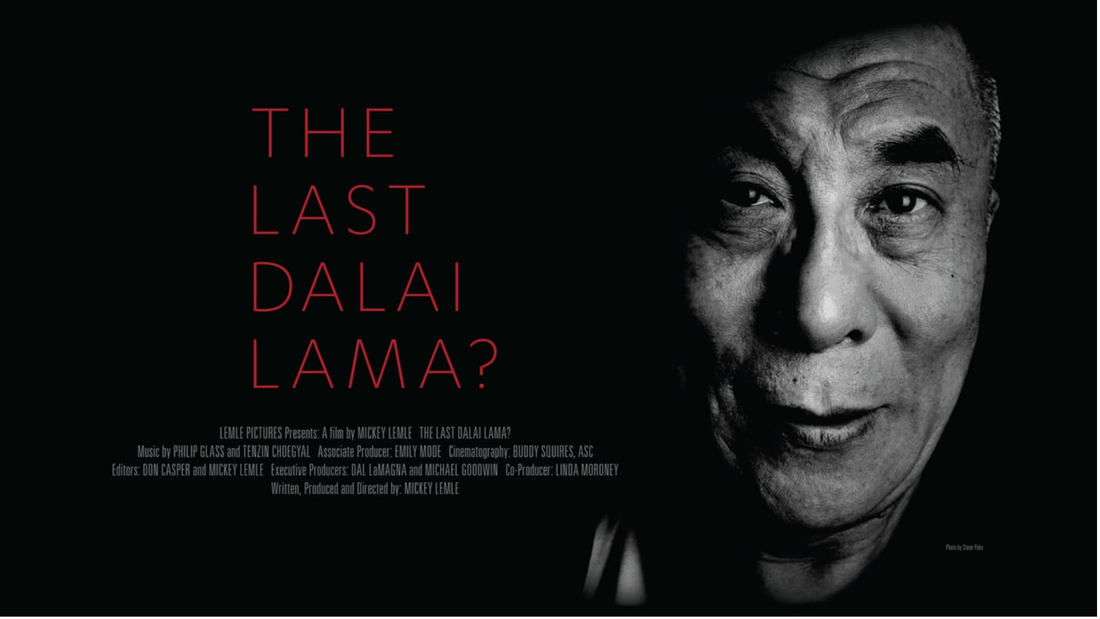
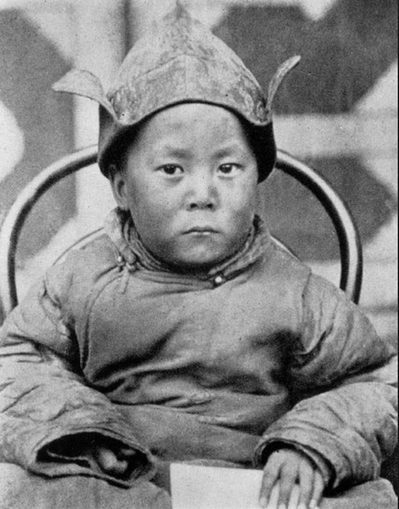
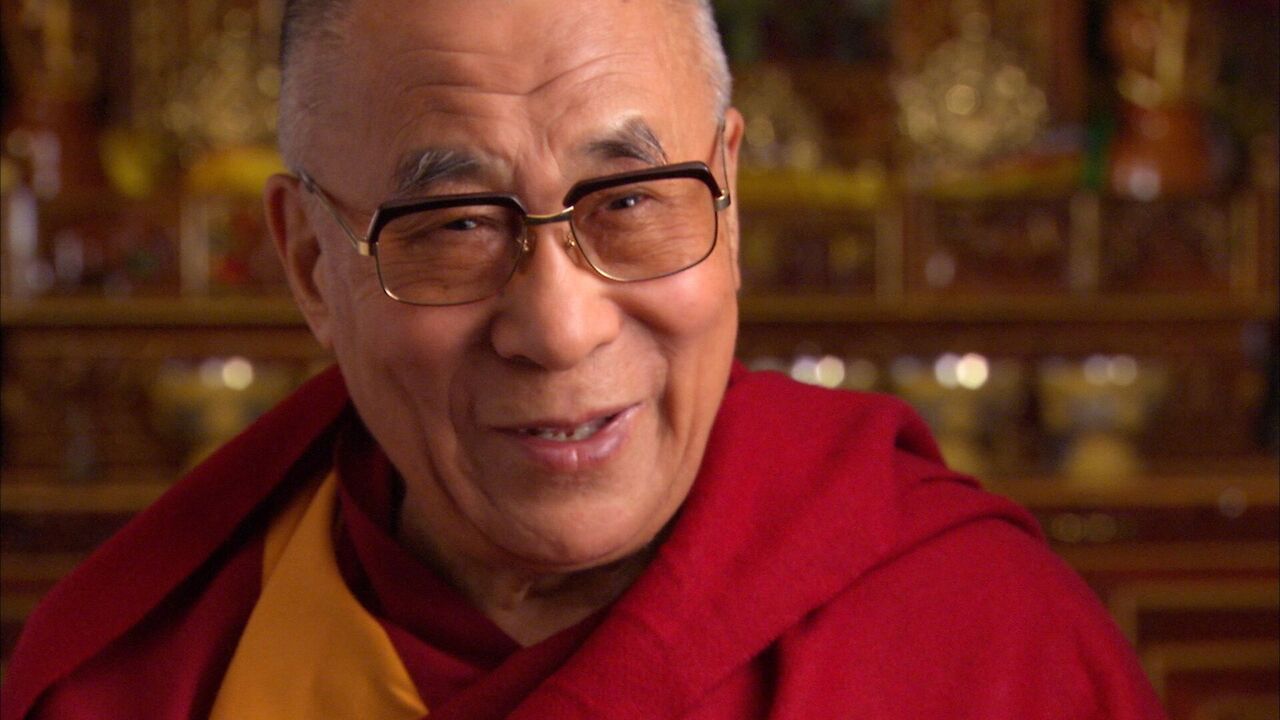
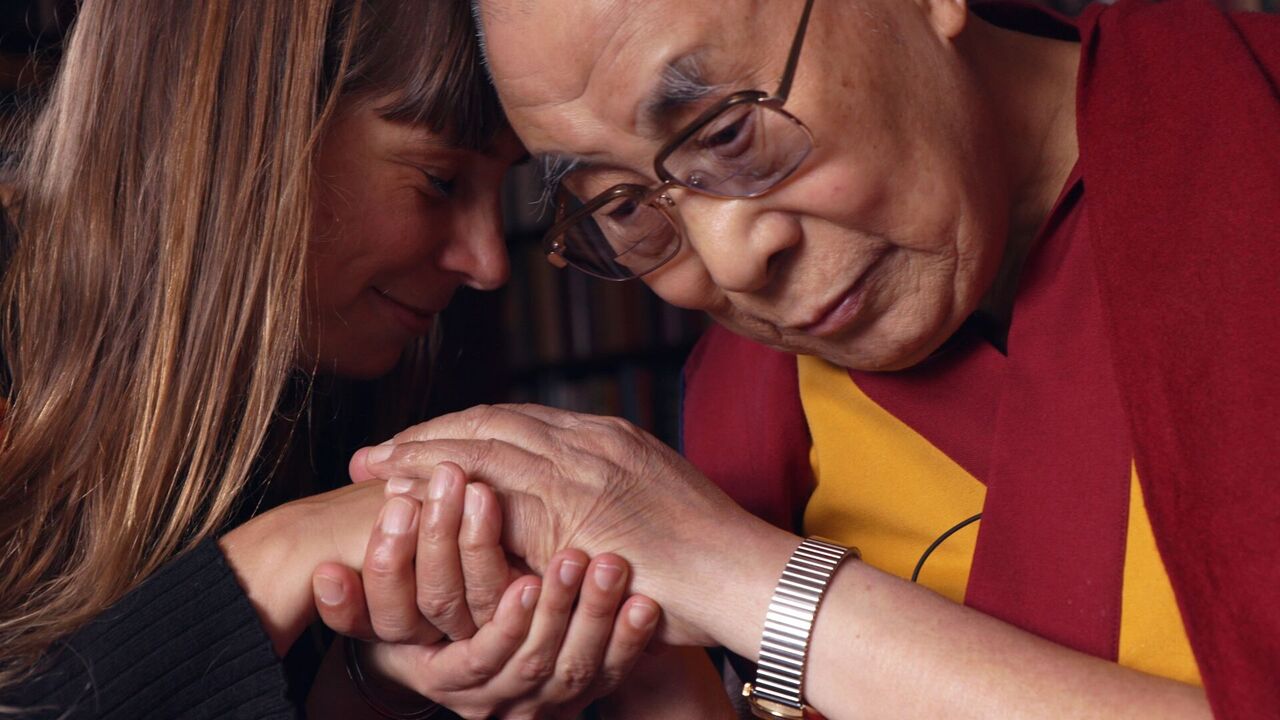
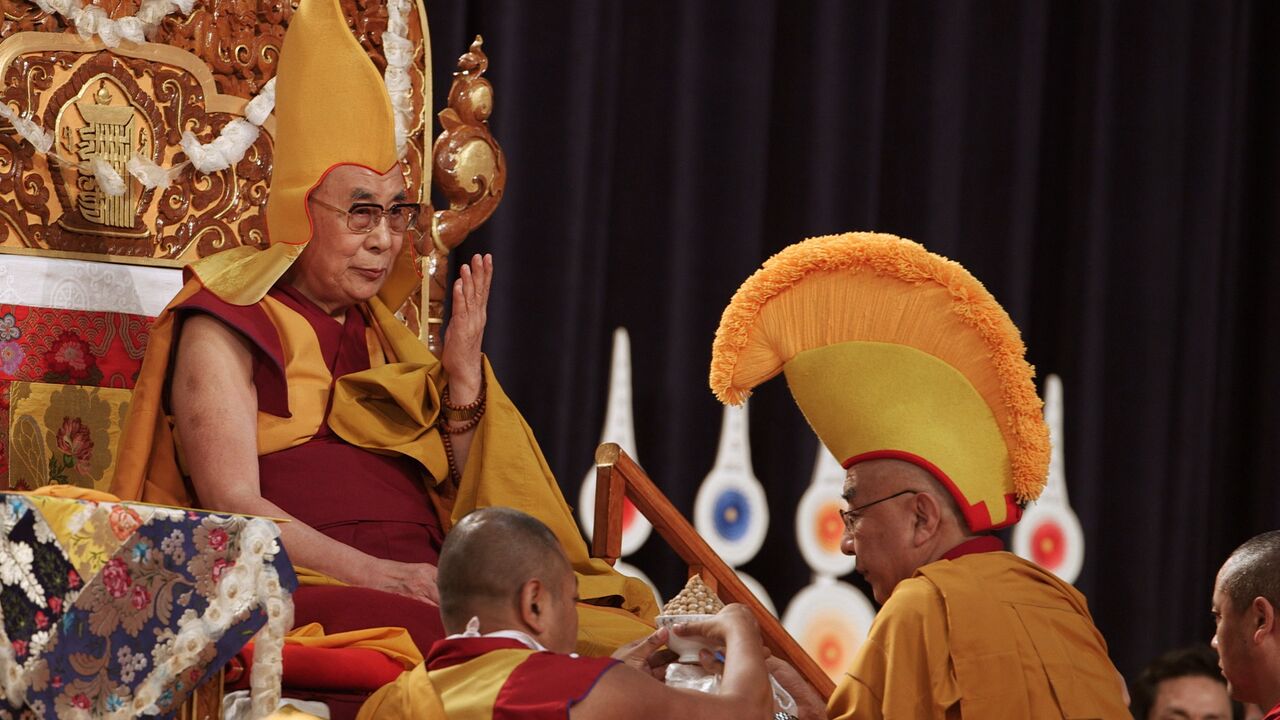
 RSS Feed
RSS Feed